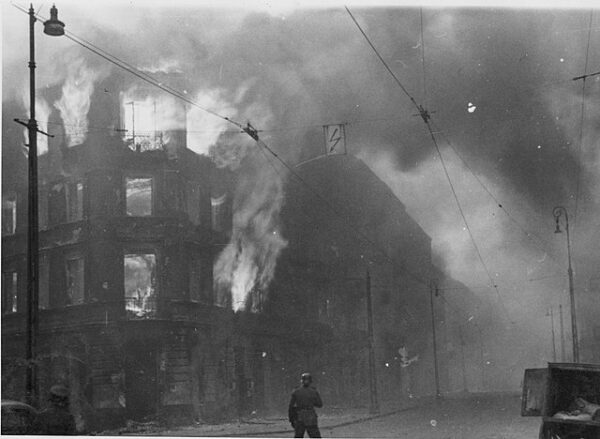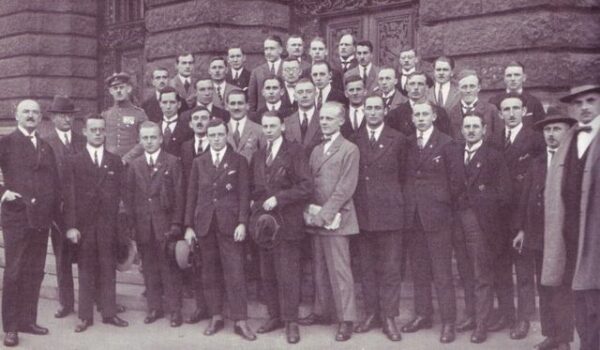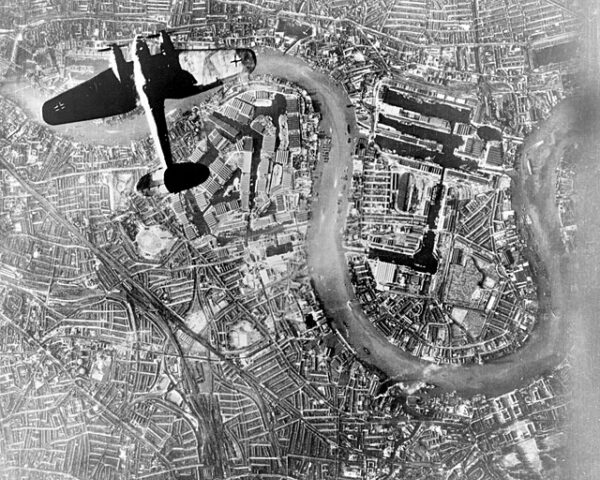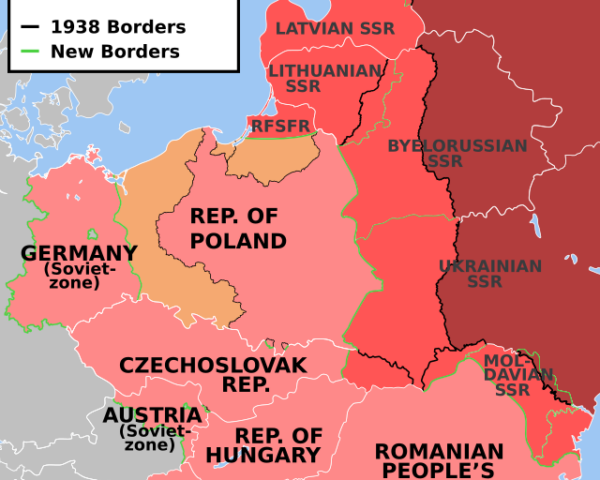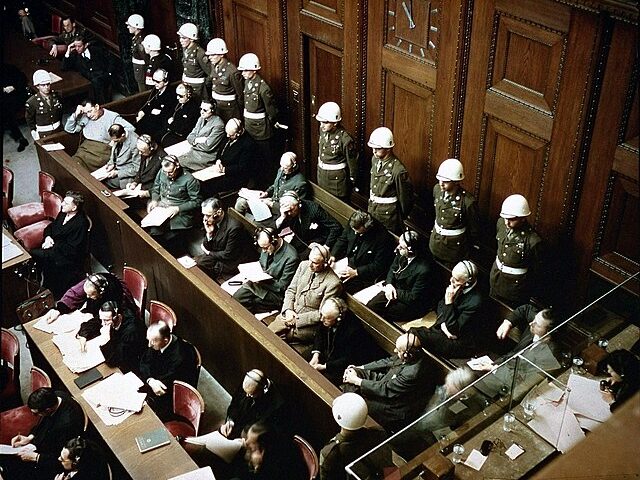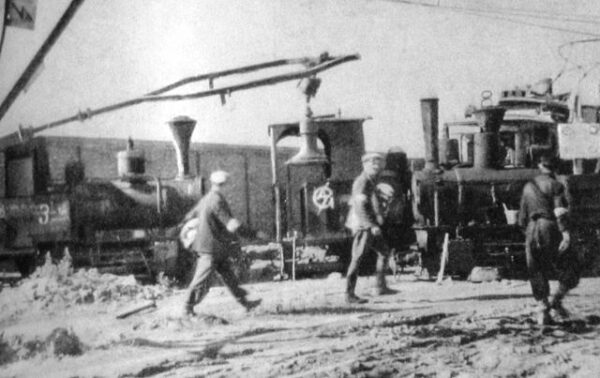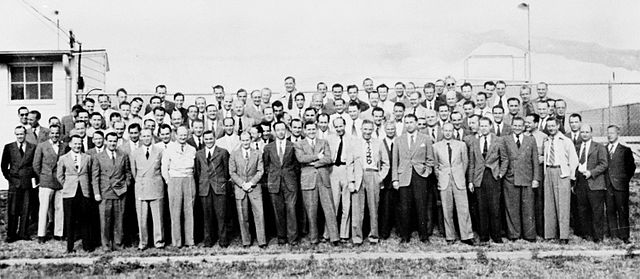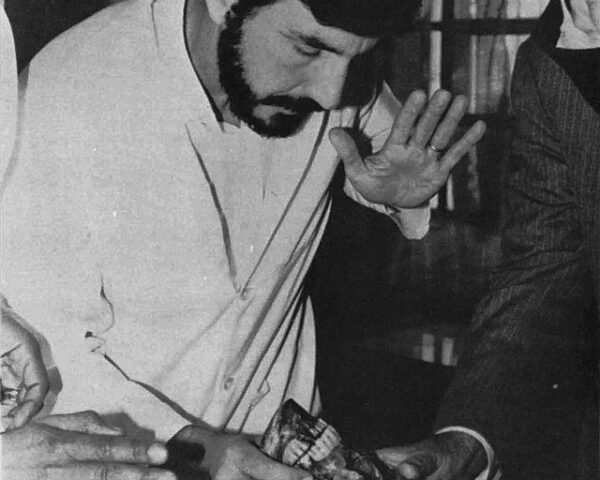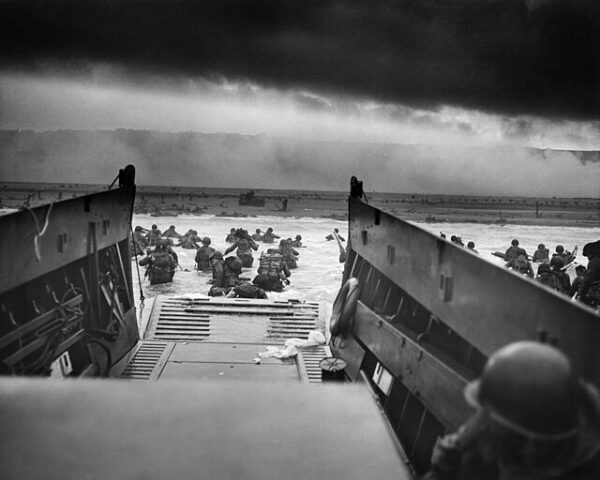On January 18, 1943, armed Jewish resistance erupted inside the Warsaw Ghetto, marking the first organized uprising by Jews against Nazi Germany during the Holocaust. Though smaller and less well-known than the April revolt that would follow, the January uprising fundamentally altered the moral…
Read MoreOn November 11, 1923, German authorities arrested Adolf Hitler following the Beer Hall Putsch, marking a pivotal event that could have shifted the direction of world history and changed the lives of tens of millions. The Beer Hall Putsch, which occurred on November 8-9,…
Read MoreIn the dimming light of a crisp October evening in 1940, the Battle of Britain was drawing to a dramatic close. The roar of aircraft engines had become a familiar backdrop to daily life for the British people, who had endured months of relentless…
Read MoreOn October 8, 1939, just weeks after the invasion of Poland, Nazi Germany officially annexed large portions of the country, marking a significant moment in the early stages of World War II. This act followed the German invasion of Poland on September 1, 1939,…
Read MoreOn August 8, 1945 the United States, England, France and the Soviet Union joined together and signed the London Agreement, a new treaty to impose justice against the Nazis for their crimes. For two months during the summer of 1945, Robert H. Jackson and…
Read MoreAugust 1, 1944, saw one of the largest urban uprisings of World War II. Since the beginning of the war and the joint Nazi-Soviet invasion of Poland in 1939, the Polish government had existed in exile in London. By the summer of 1944, with…
Read MoreOn July 28, 1935, a four-engine plane took a test flight from Boeing Field in south Seattle. When it rolled out of Boeing’s hangar, the company labeled it Model 299, but a newspaperman named Richard Smith dubbed the new bomber due to its many…
Read MoreIn the uneasy interregnum between Nazi defeat and Soviet ascendance, as Europe’s cities lay in ruins and the ashes of fascist ambition still smoldered, the United States made a decision as consequential as it was morally fraught. On June 20, 1945, the Department of…
Read MoreIn a remote cemetery outside São Paulo, Brazilian officials exhumed a grave on June 6, 1985, bearing the name “Wolfgang Gerhard.” For years, it had been largely unremarkable—until intelligence from West German investigators indicated it might conceal one of the last great fugitives of…
Read MoreOn June 5, 1944, General Dwight D. Eisenhower faced one of the most crucial decisions of World War II. As the Supreme Allied Commander, he was responsible for launching Operation Overlord, the Allied invasion of Nazi-occupied Europe. Despite unfavorable weather conditions, Eisenhower decided to…
Read More

